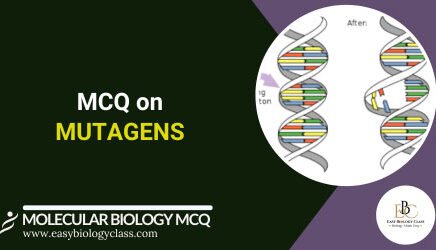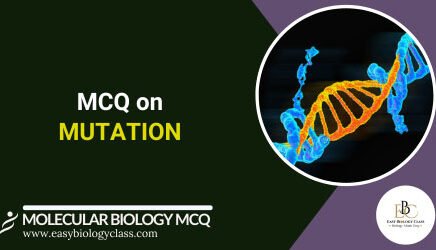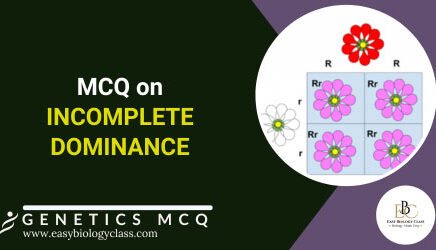
MCQ on Geological Time Scale with Answers (PDF)
The Geological Time Scale (GTS) is a system used by geologists and paleontologists to describe the timing and relationships of events that have occurred throughout Earth’s history. It divides Earth’s history into various intervals based on significant geological and biological events, including the formation of rocks, major extinctions, and the […]



